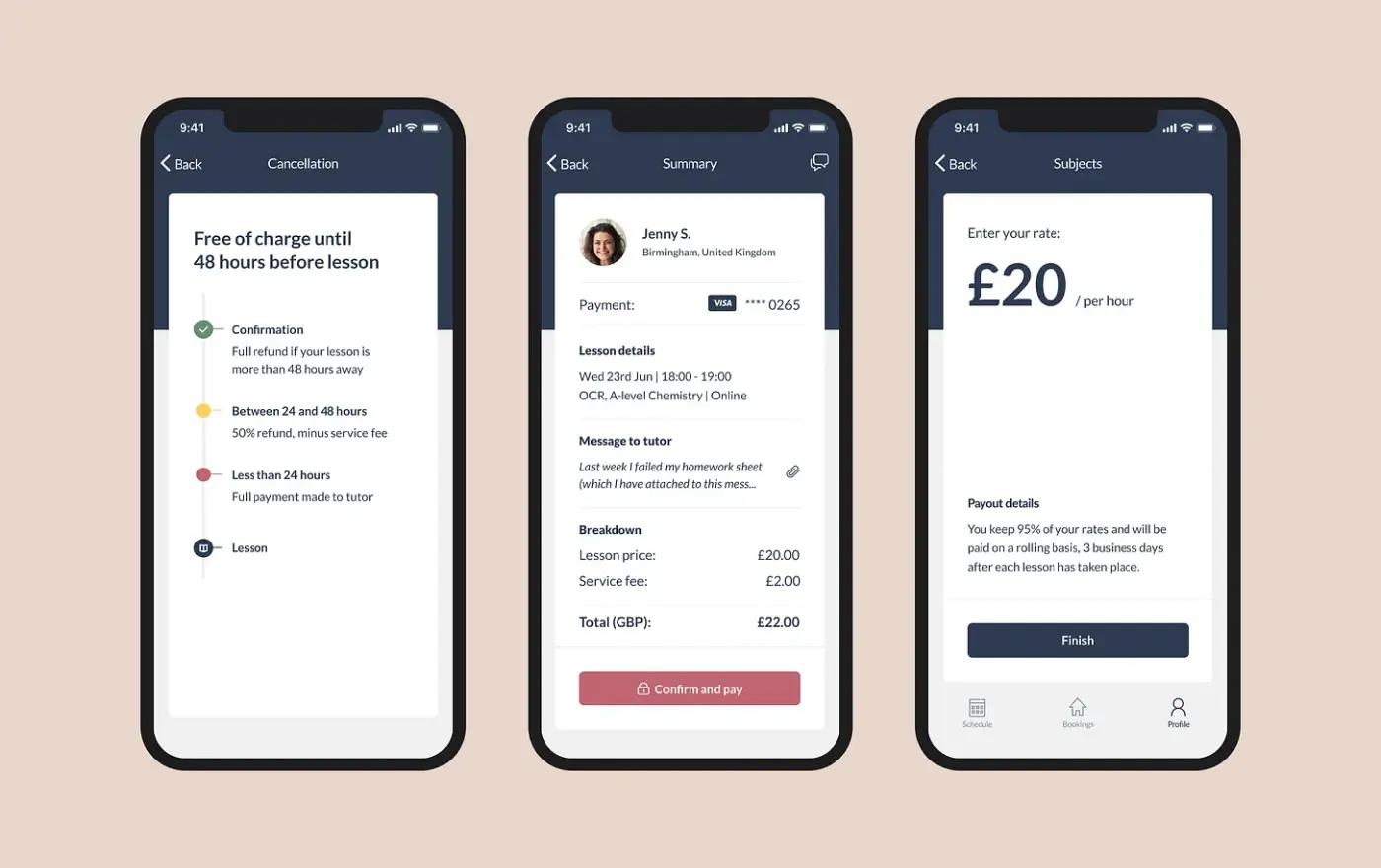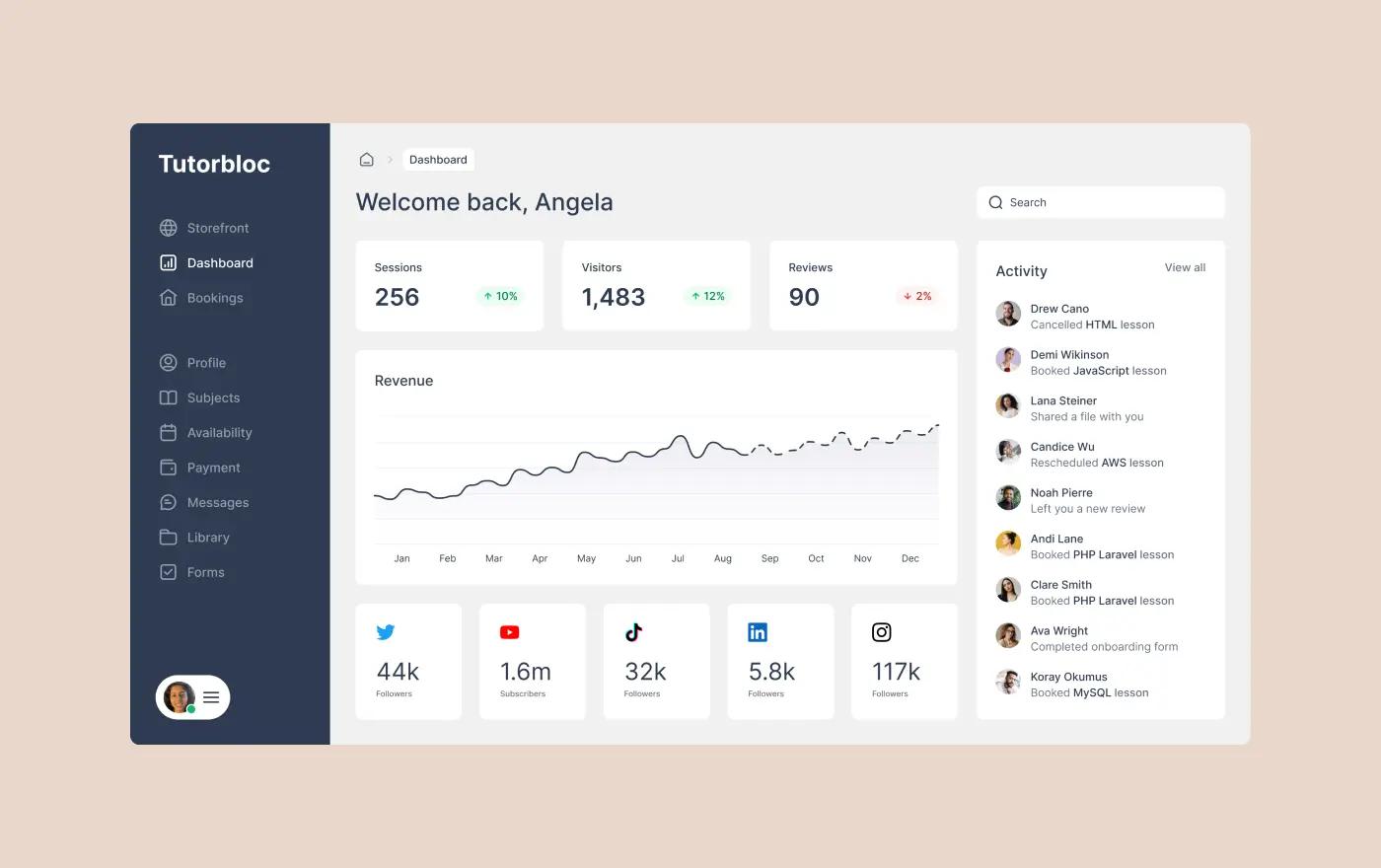Mercurius is the CEO & Co-founder of Tutorbloc, an all-in-one SaaS platform that helps educators launch, manage and grow their one-to-one teaching business. Mercurius spent his early career running digital marketing campaigns for brands such as Apple, H&M and Samsung. More recently, he joined the board of Impact Hub Kings Cross. This month, we caught up with Mercurius, an ethical marketing advocate and responsible business champion with his sights set on a new landscape of digital communication.
Driftime®: What does ethical marketing look like, and why has it become a business buzzword?
Mercurius: Ethical marketing takes into account social and environmental causes, driven by a heightened awareness of consumers around privacy, sustainability, and ethics. It’s a business buzzword for a reason — this generation of consumers expect brands to think and prioritise their ethics over profit, not just in their supply chains, but also in their marketing. To illustrate this, 72% of Gen Z are more likely to buy from a company that contributes to social causes. We’re finding other ways of storytelling that satiates the demand for change from all stakeholders — they’re voicing concerns about how we facilitate a fair future, and it’s up to us to listen.
"We’re learning that people, planet, and profit can exist simultaneously and without compromise."
Is there a strategy or framework that businesses could adopt?
M: When we break it down, ethical marketing isn't a strategy, but instead a human-centred philosophy. Once established, businesses can then translate this into a tangible framework. I think of these as the four pillars of ethical marketing: honesty, fairness, responsibility, and transparency.
In terms of my own business, Tutorbloc, we operate in an industry that is practically the opposite. Instead of fighting the antiquated industry structure, we’ve flipped the script, designing our platform with these pillars as our impetus. For example, the movement of money has always been an inherent point of friction for parents and educators: “What exactly am I paying for and how much?", "When will I get paid and what percent of commission is taken?". We embedded financial transparency across the entire user journey which underpins our branding and positioning strategy.

Has the expectation of businesses changed for those who have experienced ethical marketing?
M: A huge 62% of Gen Z prefer to buy from sustainable brands — once exposed to brands that are sustainable, they have an incredibly hard time turning back. Knowing everything about a brand both behind the scenes and on the billboard, doubles down on the founding philosophy of ethical marketing. Gen Z want to align themselves with brands who demonstrate accountability.
From a business perspective, ethical marketing is a challenge. It’s a long term commitment, and difficult to quantify. The ‘return on investment’ extends beyond the ‘first quarter’, and demands a lot of work and resources to be matched by results. We’re seeing a rise in the B Corp model, businesses are seeing the benefit of reconciling their impact with social and environmental standards. We’re learning that people, planet, and profit can exist simultaneously and without compromise.

How can we spot ethical marketing?
M: This might sound counterintuitive, but I’ve found that it’s much easier to spot the signs of unethical marketing. What I typically look for is:
- Exaggeration: There’s no need to bolster honesty.
- Unverified claims: Being transparent leads to trust.
- Stereotyping: It’s important to take responsibility for how we communicate our message without making assumptions.
- Exploiting emotions: Fairness comes first; don’t take advantage of an open disposition.
Is ethical marketing becoming a differentiator between businesses authentically pursuing positive impact, as opposed to those jumping on the bandwagon?
M: We’re realising that being authentically sustainable, ethical, socially responsible, and having a genuine concern about privacy differentiates us from other organisations within the same industry. On the other hand, I don’t believe you can ‘jump onboard’ the B Corp bandwagon for example. It’s an extensive process, and takes a lot of time, resources, and energy.
I think we’re going to see an increasing number of organisations setting standards for their respective industries — it's become part of the purchasing decision, and impacts how we interact with brands and businesses. The future is in ethical marketing, not only to optimise your revenue, but to advocate for the honesty, fairness, responsibility and transparency we need and expect.



